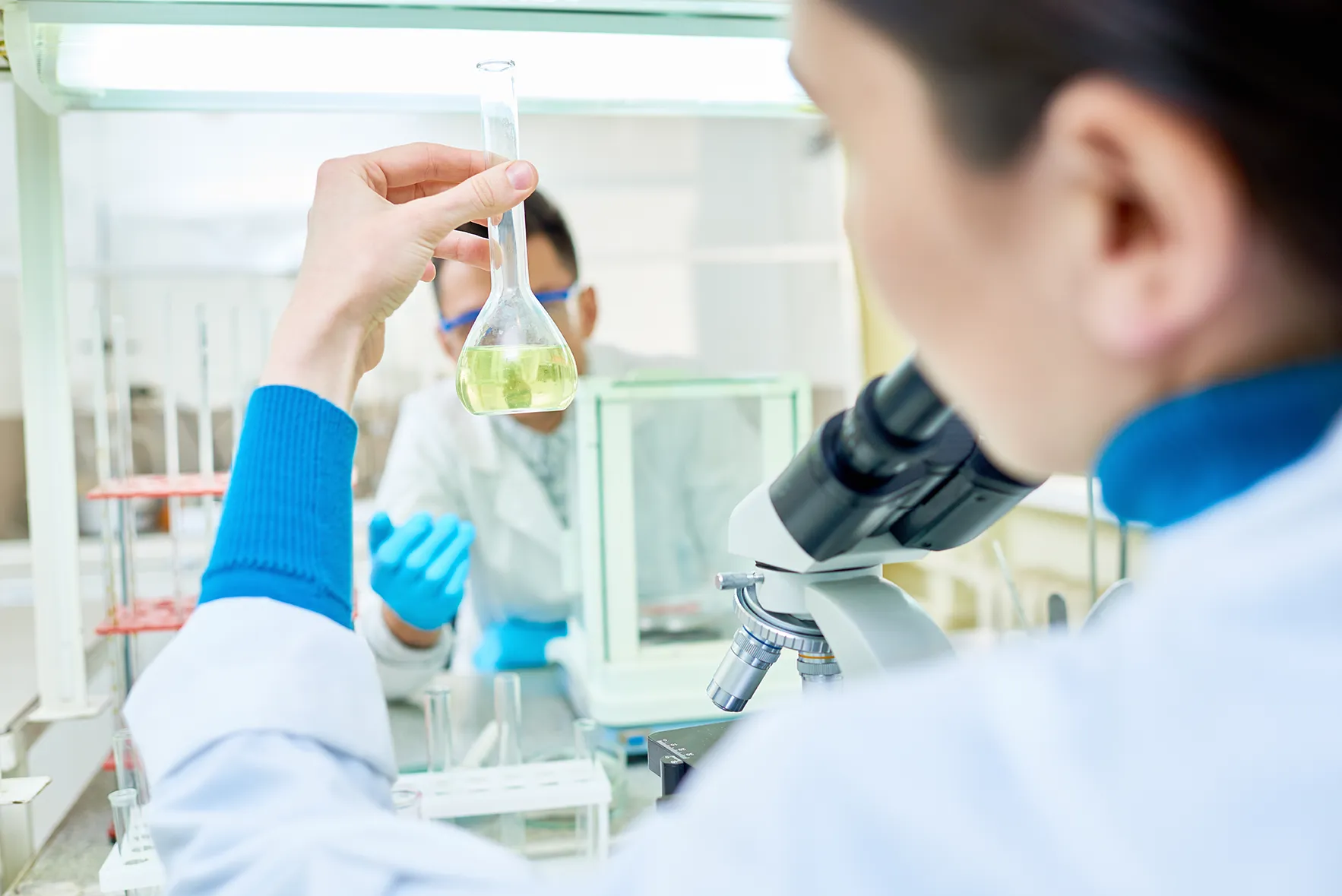Event News
Pharmacists vs. Chemists: Exploring the Key Differences

Do you know what the difference is between a pharmacist and a chemist? It’s a common confusion, but it’s important to understand the key differences. In this article, we’ll take a closer look and make it easy for you to understand.
The Key Difference Between a Chemist and a Pharmacist
A pharmacist is one who practices pharmacy and, thereby, is concerned with the preparation, standardization, and safe use of medication while performing its main duty of dispensing medicines for patients’ various medical needs.
A chemist is involved in developing an understanding of how atoms and molecules within matter act and react with each other and what beneficial uses these properties and characteristics could be put to.
Pharmacists are trained in the field of pharmacy, where they can dispense medicinal drugs for varied medical requirements, while chemists study chemistry and are graduates with a degree in science with chemistry. Chemists conduct research with chemical substances.
Career Perspectives
From a career perspective, a pharmacist can work in a variety of settings, including retail pharmacies, hospitals, nursing homes, and other healthcare facilities.
They play an important role in ensuring the safe and effective use of medications, and also provide health and wellness advice to patients.
On the other hand, a chemist works in research and development in industries such as pharmaceuticals, cosmetics, energy, and food and beverage. They can also work in quality control, production, sales and marketing, or teaching and academia.

Pharmacists
The four year Bachelor’s Degree in Pharmacy (or B.Pharma) is one of the most popular courses, as subjects like pharmaceutical engineering and medicinal chemistry give good openings in both the public and private sectors. A pharmacist studies:
- Human Anatomy – Study of the structure of the human body, its organs and their functions.
- Drug Processing – The process through which drugs are produced and processed by our bodies.
- Comprehensive Care – The management of the diseases and disorders that afflict the human body, and their treatment.
What are The Tasks of a Pharmacist?
- Pharmacists give instructions on how to properly take the prescribed medications—at what time of the day, in what quantity, with or without food, and the list of proscribed foods and drugs while consuming this medication.
- On the non-availability of the prescribed brand of drug, to suggest which equivalent alternative is there.
- Explaining the possible side effects of the medications.
- Tell-tale signs or symptoms to watch out for during the course of medications, and, of course, manage pharmacy records and perform other administrative tasks.

Chemists
A chemist studies the composition, structure, and properties of matter and the changes it undergoes. This includes subjects such as organic and inorganic chemistry, biochemistry, physical chemistry, analytical chemistry, and chemical engineering.
The curriculum to study in order to become a chemist includes:
- Medicinal chemistry – How different compounds work and react to create medicinal properties.
- Pharmaceutical Biotechnology – Study of the use of living organisms for pharmaceutical development.
- Pharmacoeconomics – The entire economics of pharmaceutical costing and pricing.
- Pharmacogenetics – Study to understand the role of genes in making medicines effective.
What are the Tasks of a Chemist?
A chemist is engaged in understanding the properties of substances and doing the permutation and combination of mixing and matching different substances to come up with something that could have medicinal, gourmet or industrial uses.
A chemist’s tasks include:
- Planning research projects and executing.
- Preparing compounds, salts and molecules in laboratories.
- Taking directions as per the analysis of the data
- Reports and presentations on the inventions achieved.
In Closing
While a pharmacist is solely focused on medicine, a chemist, with their knowledge of compounds, can have a diverse range of career options, including pharmaceuticals, paints, cosmetics, fertilizers, pesticides, forensic labs, industrial research, and more.
However, this doesn’t mean that pharmacy graduates have fewer career options. In fact, in the post-COVID era, with increased health awareness, the demand for pharmacists has significantly risen.
In conclusion, whether you choose to become a pharmacist or a chemist, both fields offer long-term, exciting career opportunities for students with a bachelor of science (hons) in biomedical science, a bachelor of science (hons) in biotechnology, a bachelor of pharmacy, or a pharmacy degree in Malaysia.

